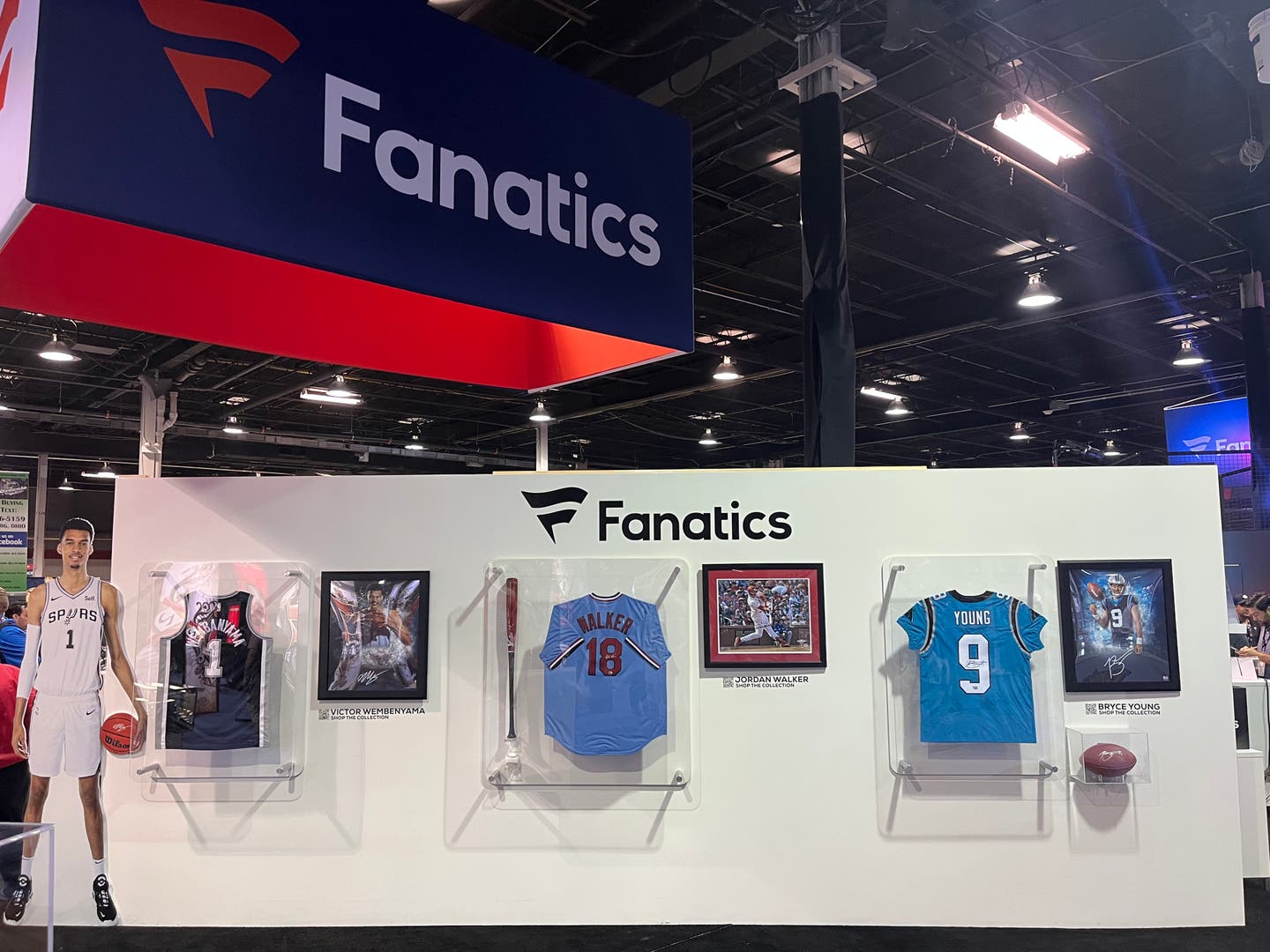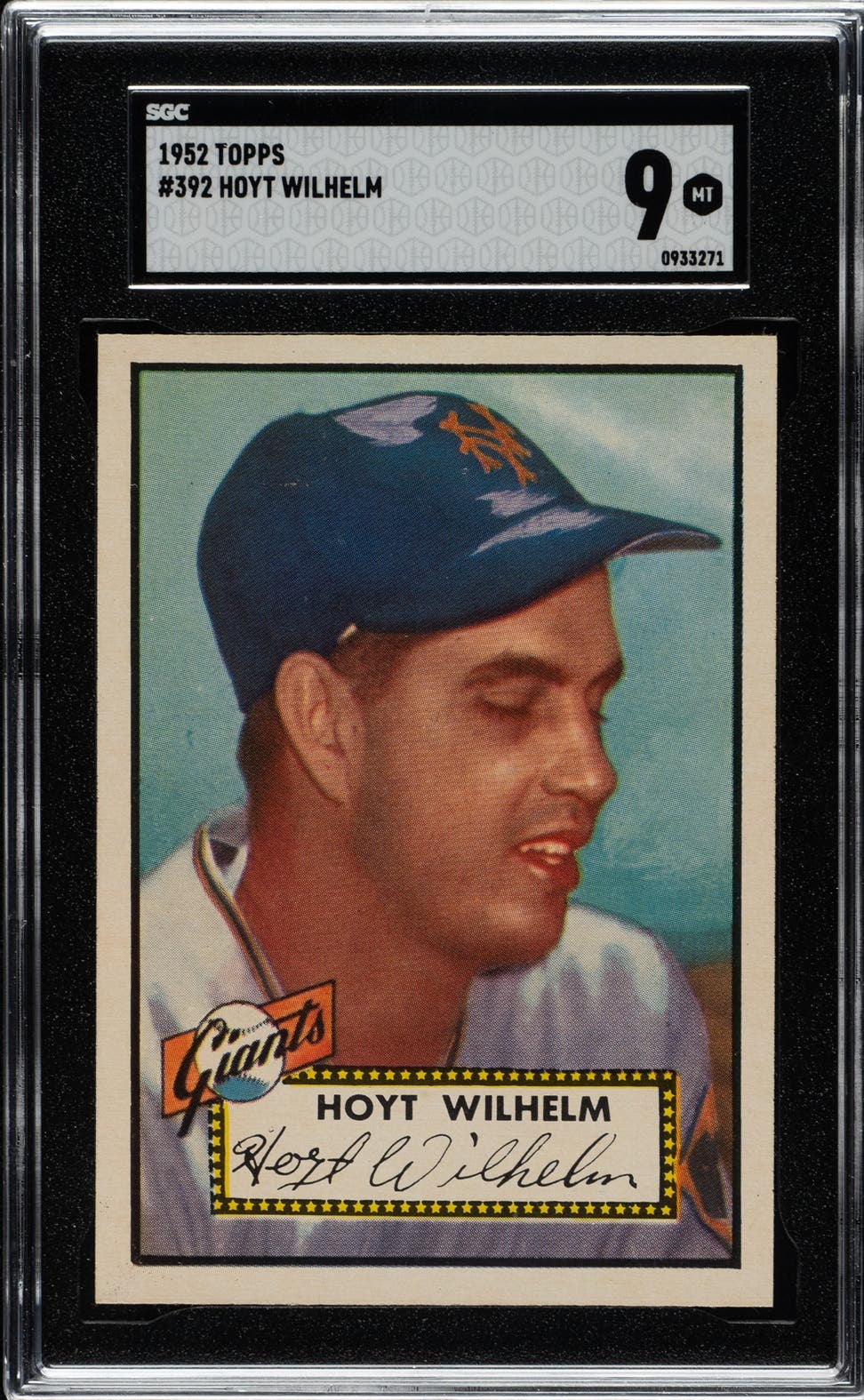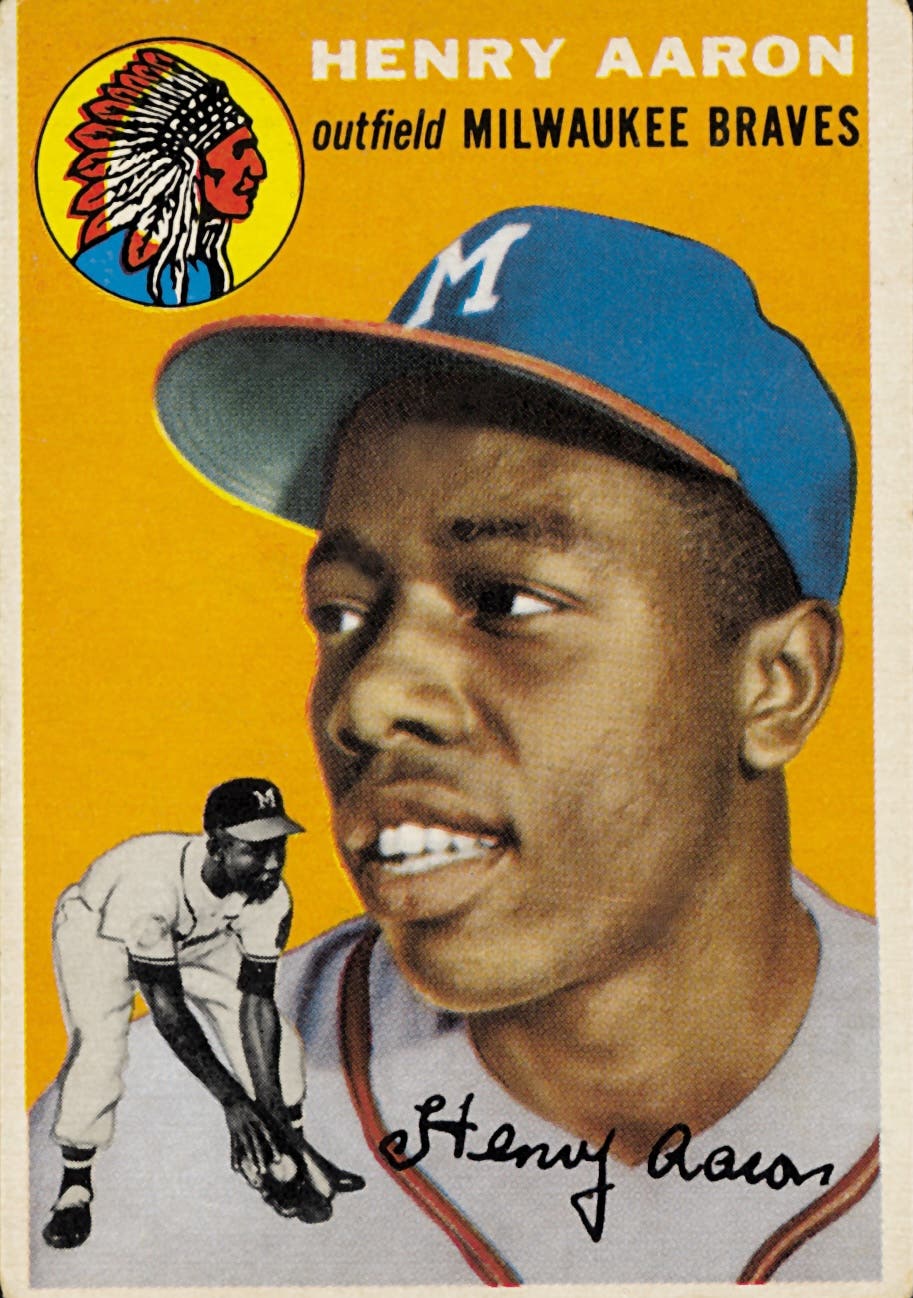
News
NFLPA terminates Panini contract, executes Fanatics football license; Panini requests arbitration hearing
Two weeks after filing a federal anti-trust lawsuit against rival card maker Fanatics, Panini has lost its license from the NFL Players Association to produce NFL trading cards.
According to multiple reports, the NFLPA informed player agents that it had terminated its contract granting Panini the rights to use player names and likenesses for trading cards and had granted those rights to Fanatics three years early. The Action Network was the first to report the news.
UPDATE: Panini has continued selling new NFL trading card products, launching on 2023 Luminance Football on Aug. 23. According to the Action Network, Panini has filed a request for arbitration with the American Arbitration Association over whether the NFLPA can unilaterally cancel its licensing deal with Panini.
Panini held the rights to produce NFL trading cards through the 2026 season, when Fanatics was scheduled to take over that license.
“NFL Players Inc. has terminated its trading card agreement with Panini,” the letter to NFL agents reads. “Effective immediately, Fanatics has the exclusive right to make NFLPA-branded trading cards.”
The letter also states that the decision has no impact on players who have individual player contracts with Panini and encourages those players to honor those agreements.
The development means that Fanatics now owns the rights to produce both baseball and football cards. Panini still owns the rights to produce NBA basketball cards through 2025.
Also See: Fanatics countersues Panini
Fanatics announced in 2021 that it had acquired the rights to produce baseball, football and basketball cards from the three major sports leagues and its respective player associations when those contracts with Topps and Panini expired. In early 2022, Fanatics purchased Topps for $500 million, allowing it to immediately exercise its MLB rights.
Fanatics will now be able to produce football trading cards of NFL players, but it would not be allowed to use any team names or logos unless the NFL also terminates its contract with Panini.
According to a countersuit filed by Fanatics, the company had negotiated with Panini to buy out the remaining years of its NFL and NBA licenses, but the deal fell through, prompting Panini to sue Fanatics, claiming that it held a monopoly by acquiring all three major professional sports licenses. Fanatics responded with a countersuit accusing Panini of being “incompetent” and dealing in “bad faith.”
Panini released a statement Wednesday morning responding to the decision by the NFLPA.
“We believe this was a totally unwarranted and improper action by the NFL Players Association in conjunction with Fanatics, especially in light of the unprecedented sales by Panini of NFL trading cards,” the statement reads. “Panini has grown the category of sports trading cards by over 1,000 percent since 2009, to the benefit of all concerned. We believe the only party who benefits from this action by the NFL Players Association is Fanatics, and not the players, the leagues or consumers.
“We note that in addition to the NFL Players Association license, Panini has licenses with the NFL and over 360 individual players. Panini will honor all of its contractual obligations.”
Fanatics has not yet released a statement or comment on the development.
The NFLPA's move was met with plenty of reaction from the sports collectibles hobby.
Panini's next move is unclear, including whether it can continue to produce NFL football cards.
Having lost one of its key licenses and facing a lawsuit of its own, the latest development leaves the future of Panini in doubt. It also has collectors wondering what the future holds for the hobby as Fanatics gains even more control over card manufacturing.
Panini's antitrust lawsuit against Fanatics alleges that Fanatics participated in “Anticompetitive Conduct to monopolize the markets for Major U.S. Professional Sports Leagues trading cards [and others] even before its exclusives begin. In short, Fanatics seeks to cripple Panini both for the short term — the remaining years on Panini’s current exclusive license agreements — and the long term.
“Panini was not given an opportunity to bid or otherwise compete for the licenses Fanatics acquired,” Panini states in its lawsuit. “Panini only learned about Fanatics’ exclusive agreements after they were consummated, through reading about them in the media.”
Fanatics responded with a terse statement, saying, Panini’s suit is a “baseless last-gasp, flailing effort by a company that has lost touch with its consumers, is failing in the marketplace and has tried unsuccessfully for years to sell itself.”
“Panini is trying to blame Fanatics for its own inability to keep pace with what players, fans, and even its own employees rightly want,” the Fanatics statement says. “It is hardly surprising that Panini received a ‘F’ grade from the better business bureau.”
A day later, Fanatics filed a strongly-worded countersuit.
“Because it can’t compete with Fanatics fair and square, Panini has been out to sabotage Fanatics through unfair and illegal means,” a Fanatics source said. “We set forth in our complaint how Panini has been resorting to one dirty trick after another to hold Fanatics back — trying to dupe and stall Fanatics with bad-faith negotiations, falsified revenue projections, and heavy-handed efforts to intimidate and even sue former employees who left Panini to find a better future and more inclusive workplace at Fanatics.”
The countersuit claims that while Fanatics Collectibles is “revitalizing the sports and entertainment collectibles industry” … Panini ”has become complacent, failing to invest in marketing or innovation as it funnels profits back to its owners in Italy while openly trying to sell its business for nearly a decade.
“As Panini’s licensing deals neared expiration, licensors unsurprisingly chose Fanatics Collectibles as their new licensee that would commit long-term to the business, unlike Panini’s strategy of siphoning cash to its Italian owners. This case is about Panini’s protracted campaign to squeeze the last dollars from its U.S. business by trying to block Fanatics’ hard-earned success through a series of tortious, unfair, and unlawful actions.”
Jeff Owens is the editor of SCD.








